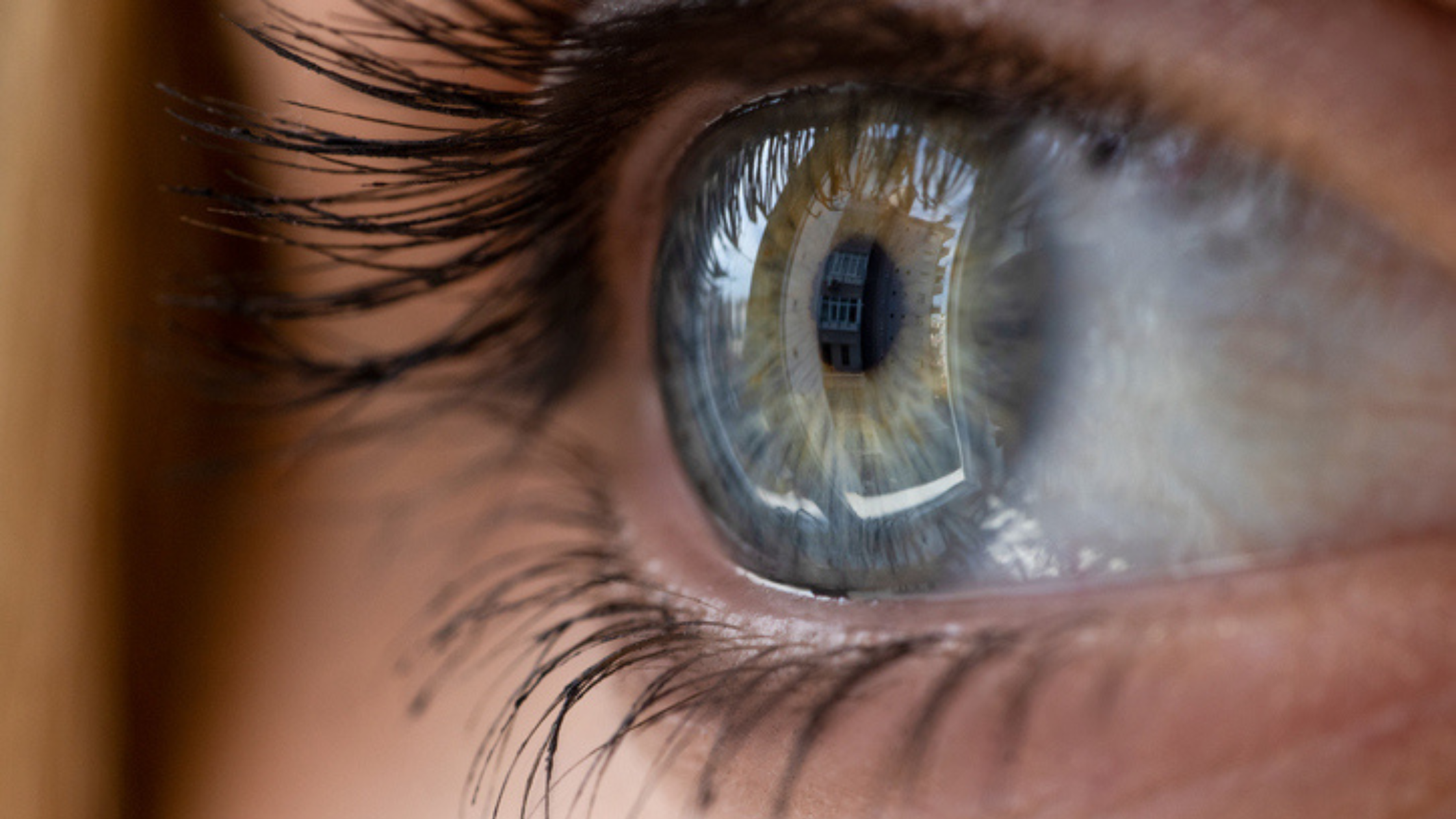Key Takeaways
-
Reducing screen time, even slightly, can significantly improve mood, sleep, and concentration.
-
A digital detox doesn’t have to mean ditching devices—small steps make a big difference.
-
Tech-free routines support long-term brain health, emotional balance, and a greater sense of calm.
The average Australian now spends over 6 hours a day on screens—and that doesn’t even include TV time. While technology helps us stay connected, it’s also silently draining our energy, focus, and peace of mind. If your brain feels foggy, your sleep’s off, or you’re constantly checking your phone without meaning to, you’re not alone. This blog is your guide to reclaiming clarity, calm, and mental wellbeing—one small, doable change at a time.
The Surprising Science Behind Digital Overload
Digital stimulation affects more than just your eyes—it impacts your nervous system, hormones, and sleep.
Constant digital engagement can overstimulate the sympathetic nervous system, putting you in a low-grade state of fight-or-flight. It also disrupts your circadian rhythm, the internal clock that tells your body when to wake, eat, and sleep (R).
Social media and app notifications trigger a dopamine loop, rewarding your brain with a hit of feel-good chemicals every time you check your phone. But over time, this dulls your ability to feel focused or content without stimulation.
Research shows that too much screen time is linked to higher rates of anxiety, reduced memory, and lower sleep quality—all of which affect healthy ageing (R). The good news? Your brain doesn’t want to quit tech completely. It just needs some balance.

Why a Digital Detox Can Reboot Your Brain
Just like your body needs sleep, your brain needs time away from constant buzzing and scrolling to reset.
Studies show that even brief digital breaks can enhance cognitive performance, including attention span, decision-making, and emotional regulation (R). One study found that participants who unplugged for just a few days showed increased grey matter density in the prefrontal cortex—an area responsible for focus, empathy, and impulse control (R).
Stepping away from screens also allows you to reconnect with real-life interactions. Strong face-to-face connections aren’t just good for your mood—they’re linked with longer life spans and better cognitive function as you age (R).
Signs You Might Benefit From Cutting Back on Screen Time
You may not even realise screen time is affecting you—until you start to step away and notice the difference.
Common signs of digital burnout include:
• Mental fog or forgetfulness
• Frequent eye strain or headaches
• Moodiness or irritability after scrolling
• Difficulty falling asleep
• Feeling like your creativity has dipped
Disrupted sleep is a major red flag. Screens emit blue light, which suppresses melatonin, the hormone that helps you wind down and stay asleep (R). If you’re waking up tired or struggling to fall asleep, your devices could be playing a part.
Recognising these signs is the first step toward feeling better—and you don’t have to go off-grid to see results.

How to Start a Digital Detox Without the Drama
Let’s be clear—you don’t have to give up your phone. This is about being more intentional, not extreme.
Try these simple shifts:
• Screen-free mornings: Avoid checking your phone for the first 30–60 minutes. Start your day grounded.
• Phone-free meals: Bring back device-free dining. It’s good for digestion and conversation.
• Turn off non-essential notifications: Not everything needs your attention right now.
• Schedule tech-free blocks into your day: Even 30-minute breaks can reset your focus.
Consider creating “digital bookends”—time at the beginning and end of your day where screens are off. These quiet moments help your brain transition between rest and activity.
Build Tech-Free Habits That Stick
The key to unplugging is replacing screen time with something you actually want to do.
Rediscover the joy of:
• Reading a physical book
• Gardening or walking in nature
• Journaling, knitting, or drawing
• Listening to music or doing a puzzle
Creative and analogue activities don’t just fill time—they stimulate the brain in different ways. In fact, engaging in offline hobbies has been linked with a lower risk of cognitive decline and dementia in older adults (R).
Think of your detox as a gift, not a chore—an invitation to slow down and reconnect with what matters.
Sleep Better With Less Screen Time
If your sleep feels patchy or restless, your screens might be to blame.
Blue light exposure in the evening disrupts your circadian rhythm, delaying the release of melatonin and shortening your deep sleep phase (R)(R).
Just two hours of screen use before bed can reduce melatonin production by up to 23%.
Try these swaps in your evening routine:
• Use ambient or red-toned lighting after sunset
• Listen to an audiobook or calming playlist instead of watching TV
• Have a warm bath or do a short breathing meditation
• Keep your phone out of the bedroom if possible or set to do not disturb
Many people notice better sleep within a few nights of unplugging earlier in the evening.

Supporting Your Brain with Supplements and Lifestyle Tweaks
You can also give your brain a helping hand with specific nutrients that support calm, focus, and clarity.
Consider these natural options:
Magnesium: Supports nervous system relaxation and muscle tension (R)
L-theanine: An amino acid found in green tea that promotes calm alertness (R)
Rhodiola or Ashwagandha: Adaptogenic herbs known to enhance stress resilience (R)
Omega-3s: Essential for brain health, mood balance, and reducing inflammation (R)
Paired with a balanced diet and hydration, these nutrients can help you feel more grounded and mentally clear—whether you’re cutting screen time or not.
Quick Answers to Common Questions
How long should a digital detox last?
Even a screen-free Sunday or a single unplugged hour daily can improve wellbeing.
Can I detox without giving up my phone?
Absolutely. It’s about conscious, mindful use—not cutting off entirely.
What’s the best time to unplug?
Try bookending your day—mornings and evenings are ideal times to go tech-free and reconnect with your body and thoughts.
You don’t need to escape to the mountains or delete all your apps to enjoy the benefits of a digital detox. Just a few intentional choices—switching off an hour earlier, enjoying a phone-free walk, or setting gentle boundaries—can create space for more peace, presence, and clarity in your day.
Want more ways to support mental clarity and healthy ageing? Head over to our blog on Natural Ways to Improve Deep Sleep and keep your momentum going.





